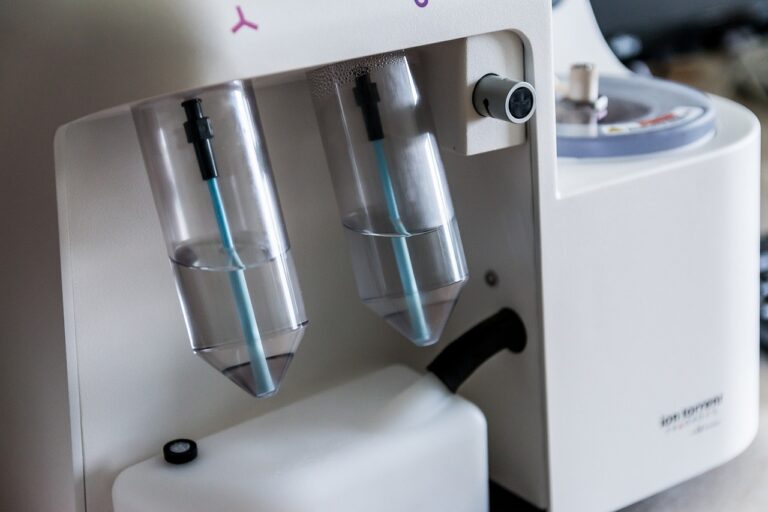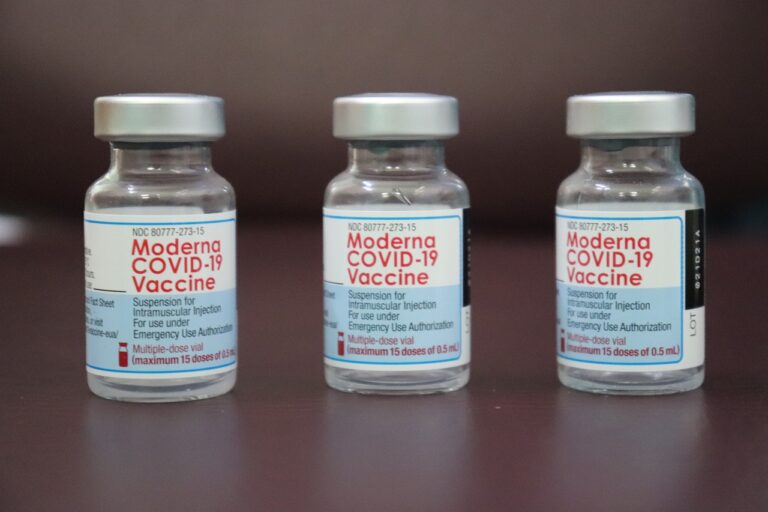The Role of Hormone Replacement Therapy in Health
Hormone Replacement Therapy (HRT) is a medical treatment used to supplement the body with hormones that it may be lacking due to various reasons such as menopause or other conditions. By providing hormones like estrogen, progesterone, or testosterone in synthetic form, HRT aims to alleviate symptoms associated with hormonal imbalances. These symptoms can include hot flashes, mood swings, low energy levels, and more.
The goal of Hormone Replacement Therapy is to restore hormonal balance within the body, which can lead to an improved quality of life for individuals experiencing hormonal deficiencies. It is crucial for those considering HRT to consult with a healthcare provider to discuss the potential benefits and risks associated with this treatment option, as each individual’s hormonal needs and medical history are unique factors to consider in determining the suitability of HRT.
Common Hormones Used in Hormone Replacement Therapy
Hormone replacement therapy (HRT) is a treatment method used to supplement the body with hormones that it is no longer producing in adequate amounts. The most common hormones used in hormone replacement therapy include estrogen, progesterone, and testosterone.
Estrogen is a hormone that plays a crucial role in regulating the menstrual cycle and maintaining bone density. In hormone replacement therapy, estrogen is often prescribed to alleviate symptoms of menopause such as hot flashes, night sweats, and vaginal dryness. Progesterone, another hormone commonly used in HRT, helps to balance the effects of estrogen and reduce the risk of developing endometrial hyperplasia. Lastly, testosterone is a hormone that is important for maintaining bone density, muscle mass, and libido. Testosterone replacement therapy is often prescribed to address symptoms of low testosterone levels in both men and women.
What is Hormone Replacement Therapy (HRT)?
Hormone Replacement Therapy (HRT) is a treatment used to replace hormones that your body is no longer producing in sufficient amounts. It is commonly used to alleviate symptoms associated with menopause, such as hot flashes, mood swings, and vaginal dryness.
What are some common hormones used in Hormone Replacement Therapy?
Some common hormones used in Hormone Replacement Therapy include estrogen, progesterone, and testosterone. These hormones can be administered in various forms, such as pills, patches, creams, gels, or injections.
How do I know if Hormone Replacement Therapy is right for me?
Hormone Replacement Therapy is not suitable for everyone, and it is important to consult with a healthcare provider to determine if it is the right treatment option for you. Your healthcare provider will take into consideration your medical history, symptoms, and overall health before recommending HRT.
What are the potential risks and side effects of Hormone Replacement Therapy?
Hormone Replacement Therapy may come with some risks and side effects, such as an increased risk of blood clots, stroke, and certain types of cancer. It is important to discuss these potential risks with your healthcare provider before starting HRT.
How long do I need to be on Hormone Replacement Therapy?
The duration of Hormone Replacement Therapy can vary depending on your individual needs and health goals. Some individuals may only need to be on HRT for a short period of time to alleviate symptoms, while others may require long-term hormone supplementation. It is important to work closely with your healthcare provider to determine the appropriate duration of treatment for you.





